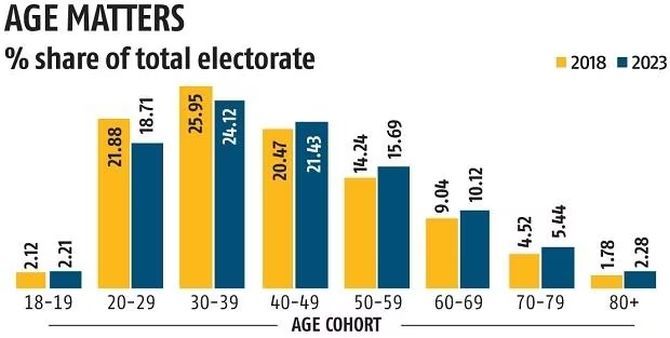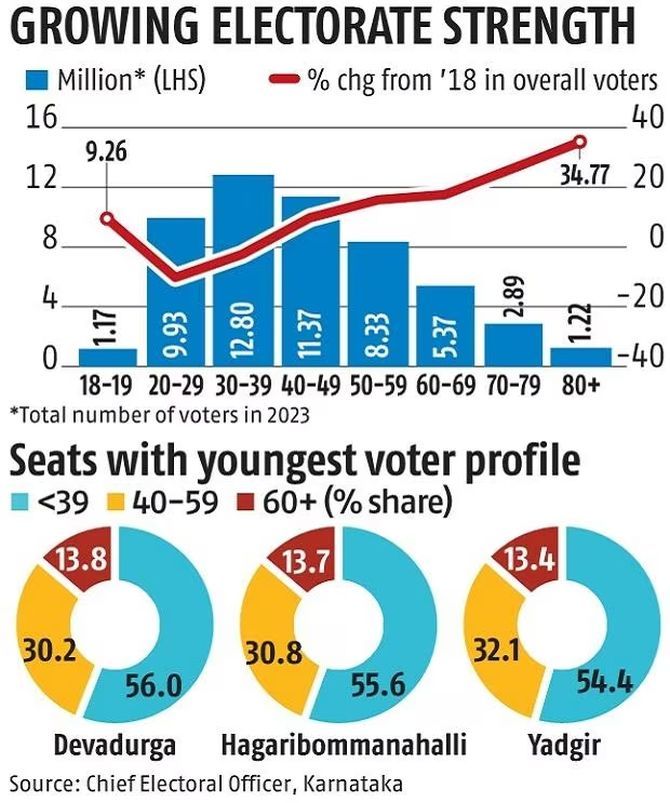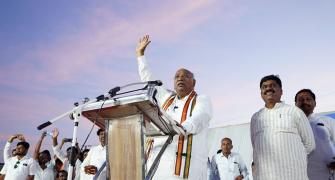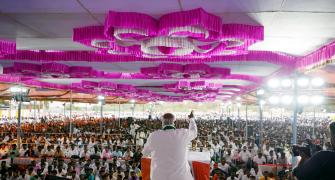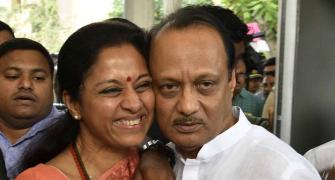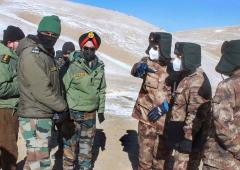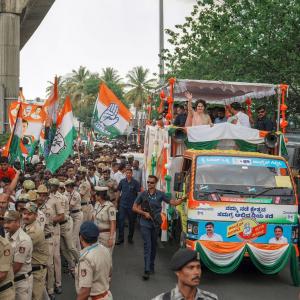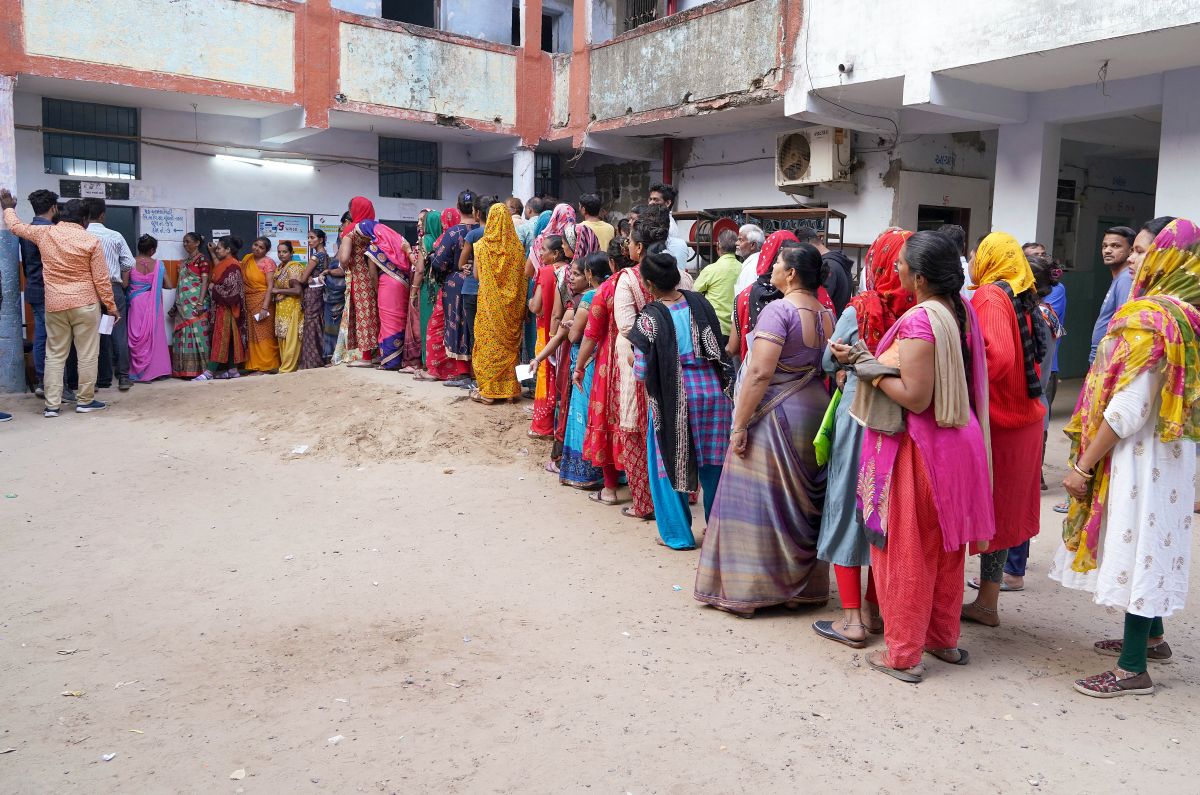There has been an absolute decline in voters aged between 20 and 39, compared with 2018, and there has been a huge increase in voters aged over 50.
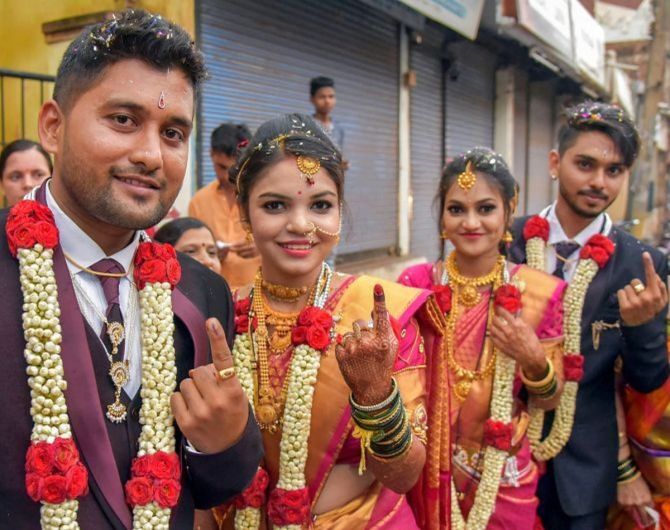
Karnataka appears to be going through a demographic shift, at least going by its electorate for the May 10, 2023 assembly polls in the state.
There has been an absolute decline in voters aged between 20 and 39, compared with 2018, and there has been a huge increase in voters aged over 50.
This, even as the total electorate has risen by 4.72 per cent from 50.7 million to 53.1 million.
According to data shared with Business Standard by the office of the Chief Electoral Officer of Karnataka, there has been a 10.48 per cent decline in voters in the 20-29 age cohort and a 2.7 per cent decline in those aged between 30 and 39.
However, there has been a 9 per cent increase in first-time voters -- those aged 18 and 19, according to the Election Commission.
Taken together, the number of voters aged below 39 has reduced by 1.4 million compared with 2018. At the other end of the scale, there has been an increase of 2.8 million in voters aged over 50.
In terms of share of total electorate, there has been a slight increase in first-time voters, from 2.12 per cent of the electorate in 2018 to 2.21 per cent now.
However, there has been a decline in those aged 20-29 and 30-39, with the shares of the cohorts reducing from 21.9 per cent to 18.7 per cent, and 26 per cent to 24 per cent, respectively.
Meanwhile, the sharpest rise was seen in the 50-59 cohort, whose share rose from 14.2 per cent to 15.7 per cent. In absolute terms, the number of voters in this cohort rose by 1.1 million.
Despite the changes, those aged below 39 form an absolute majority of voters in 40 seats.
Overall, they account for over 40 per cent of votes in 189 of the 224 Assembly seats.
Mismatch
However, there appears to be a mismatch between the electorate and the candidates fielded by the three principal parties -- the incumbent Bharatiya Janata Party, Congress, and Janata Dal (Secular).
Take, for instance, the Devadurga assembly constituency in Raichur district, which is reserved for candidates from the Scheduled Tribes.
This is the seat with the highest proportion of voters aged below 39 -- accounting for 56 per cent of the electorate.
Only one candidate from the three parties belongs to this age cohort, the Congress' Shridevi Nayak, who is 36, according to her affidavit. The BJP candidate is aged 45 and the JD-S candidate 50.
Devadurga is followed by Hagaribommanahalli in Vijayanagara district, where voters aged below 39 account for 55.6 per cent of the electorate, and Yadgir in the district of the same name, where those aged below 39 form 54.5 per cent of the vote base.
In Hagaribommanahalli, the youngest candidate from the three parties is 48 and the oldest 52, while in Yadgir the youngest contestant is 69 and the oldest 87.
Women voters
Similar is the case of women voters, who account for a majority in 112 seats. In fact, women outnumber men in the 30-39, 50-59, 60-69, 70-79, and 80+ age cohorts.
However, there are only two seats where there is more than one female candidate from the three principal parties -- Karwar in the coastal region, and the Kolar Gold Field seat, which is reserved for candidates from the Scheduled Castes.
Overall, the Congress and the BJP have fielded 11 female candidates each, and the JD-S has fielded 12.
Political analyst A Narayana, who teaches at the Azim Premji University in Bengaluru, said one could not draw strong conclusions from data of voters' age, because none of the cohorts represented a homogenous group.
"The caste and religious composition of these voters would play a huge role," he said.
However, he added that from his field surveys it appeared that the Congress had an edge in terms of older voters and women.
"It appears that there is an anti-incumbency sentiment, primarily because of high inflation," he said.
